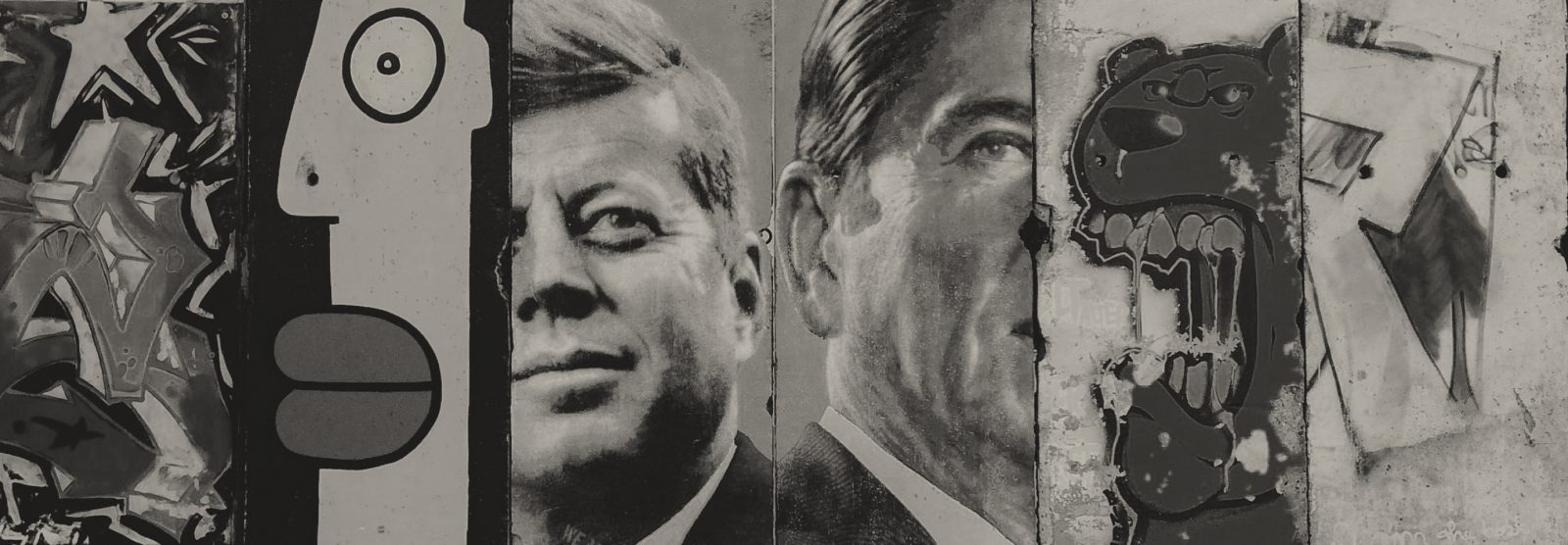The Prison Spectacle
How reality TV turns incarceration into entertainment—and helps strengthen the very systems of violence it claims to expose.

TOPICS
128 posts in ‘Culture & Politics’
How reality TV turns incarceration into entertainment—and helps strengthen the very systems of violence it claims to expose.
The criminal legal system aims to send a message by massively overcharging him: it will defend racial capitalism above all else.
In ‘Enemy Feminisms,’ philosopher Sophie Lewis engages with the feminism of racists, colonizers, fascists, cops, and jailers to better understand what a truly liberatory politics needs to look like.
“They tell us we have the right to take up / space. But they come in armor and shields / that say otherwise.”
A decade of increasingly sexphobic lawmaking has left sex workers worse off, unable to keep themselves safe and more likely to be victims of police violence.
I had one / wish it will be I wish I can / get out of this cuz this is / a suffering pain time I’m doing
“Shower Call Down Below” & “29 L-Building”
I’m eligible to smoke til I fall clapping my / Hands and feet all the same time / Laffing at all this shit.
Work from poets incarcerated in Parchman’s Unit 29
“Crying Johnny,” “Officer Judy Gives Instructions to the Lock Down Inmates,” & “Holiday Special Meal”
We are fighting to end carceral reality TV—including shows such as ‘60 Days In’—because no one should profit from punishment.
The Trump administration will assail our movement. That doesn’t change the fact that it looks backward while we look forward.
Faced with violence and authoritarianism, survival demands prioritizing relationship building over reactivity, and solidarity over silence.
Biden’s incomplete slate of commutations saved lives but ultimately lost the moral argument.
A decade of victimization landed a Harlem kid in prison. More than three decades later, he has not allowed prison to define his life story.
A recent anthology offers an accessible political education in the long history of seeking to abolish U.S. prisons.
A curated list of 2024 publications that moved us to continue working toward a world without mass incarceration.
At a time of political realignment, progressive movements need to get back to building relationships, across differences, and growing their base.
Leaving no one behind, abolitionists plan for a transformed future—even as we attempt to address pain points in the here and now.
The San Quentin Film Festival offered a feel-good image of prison life—one far removed from the reality faced by most incarcerated Californians.
Most judges in Los Angeles are former prosecutors. But a leadership academy there is helping a pair of public defenders to challenge that status quo.
“Art is not a leisure activity. Art is a redemptive, powerful, meditative, actionable force within a person—within a human being.”
In Pittsburgh, a collective of incarcerated and non-incarcerated artists is dreaming of a world without mass incarceration.
The deification of whiteness and property has long legitimized the containment of Black, Indigenous, and other racialized peoples.
Ahead of the election, immigrants' rights advocates are working hard to be ready, no matter who wins.
The presidential candidates are worlds apart on the death penalty. The winner could either jolt or sap the energy of the movement to end it.
I kept my promise to break bread with my friend Dobie one last time, right before the state of Louisiana put him to death.
A PBS series on reentry is exposing audiences to how people leaving prison grow, heal, and thrive despite their past.
Only by approaching each person as a member of society—rather than an outcast—will we begin to unwind the punitive turn of the past sixty years.
Poetry has the power to help us grow past the stale and rote ways of thinking about safety that tend to characterize policy discussions.